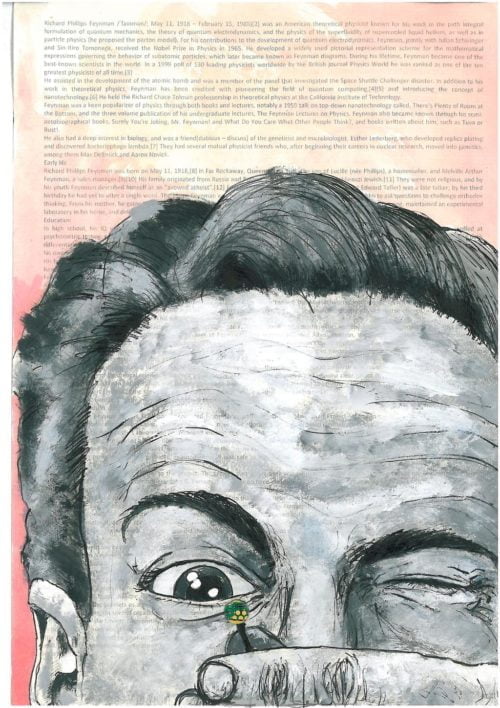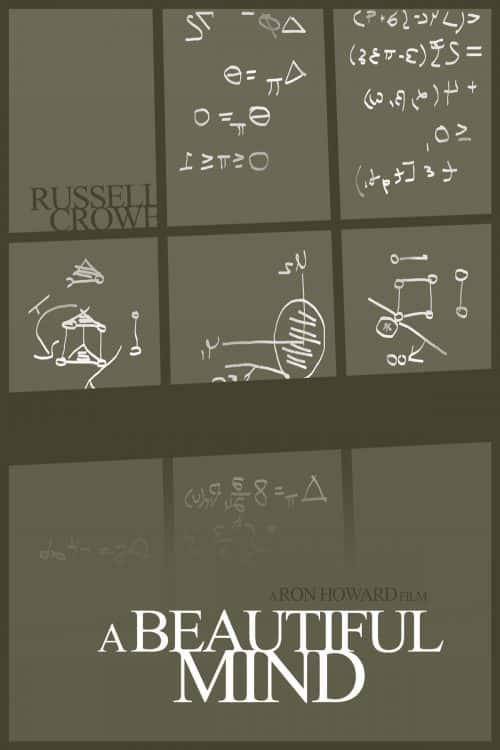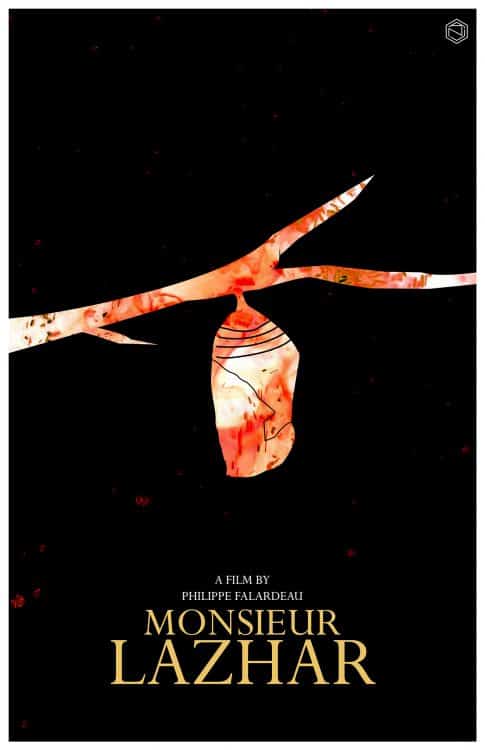“Queen of Katwe” is a heartwarming narrative that beautifully illustrates the resilience of the human spirit against the backdrop of adversity. Directed by Mira Nair, the film is based on the true story of a young Ugandan girl named Phiona Mutesi, who rises from the slums of Katwe to become an international chess champion.
At its core, “Queen of Katwe” is a celebration of dreaming beyond one’s circumstances and the sheer power of hope. Phiona, portrayed by Madina Nalwanga in a breakthrough performance, discovers her unparalleled gift for chess through the guidance of her mentor, Robert Katende, played with warmth and wisdom by David Oyelowo. Lupita Nyong’o delivers an emotionally charged performance as Phiona’s mother, Nakku Harriet, encapsulating the fierce protective love and skeptical hope of a mother in the ghettos.
Each chess piece in the film serves as a metaphor for Phiona’s navigation through life – the pawns represent her humble beginnings, while her strategic moves parallel her path toward a life she had never dared to imagine. However, it is not merely about the game; the film digs deeper into the themes of family, community, and the pursuit of excellence.
The brilliance of “Queen of Katwe” lies in its unflinching portrayal of life in the ghetto. The film does not shy away from the harsh realities of poverty, limited education, and societal barriers. Scenes of eviction and a devastating car accident are shown with stark honesty, serving as poignant reminders of the vulnerable circumstances from which Phiona must rise.
Despite these hardships, the movie retains a celebratory tone, focusing on the joy and camaraderie within the community. The vibrancy of the Ugandan culture—its colors, music, and language—imbues the film with authenticity and life.
While the film steers away from the trap of romanticizing poverty, it has been critiqued for its presumably “Hollywood” take on an African story. However, such critiques might overlook the universal appeal of an underdog story that transcends cultural and geographic boundaries. The film may not probe into the intricacies of each social issue it touches, but it does shine an important light on them for a wide audience.
“Queen of Katwe” is not just a story about chess. It’s a story about a girl who dares to believe in herself and a community that rallies behind her. It’s an affirmation that sometimes, life gives you more than a fighting chance—it gives you a place at the table, a chance to alter the game, and for Phiona Mutesi, a crown as the queen of her own story.
Is “Queen of Katwe” a perfect representation of Phiona Mutesi’s life or the struggles within the slums of Katwe? Perhaps not in its entirety, but it is a vivid, touching, and well-crafted reminder of the potential that lies within each individual. It’s a film that beckons us to look beyond the black-and-white squares of a chessboard to the vibrant spectrum of human experience.
With brilliant performances, a poignant script, and rhythmic cultural beats, “Queen of Katwe” captures both the heartache and the harmony of striving towards a dream. It teaches us that with determination, support, and intellect, the underprivileged too have the power to say “checkmate” to their adversities.





